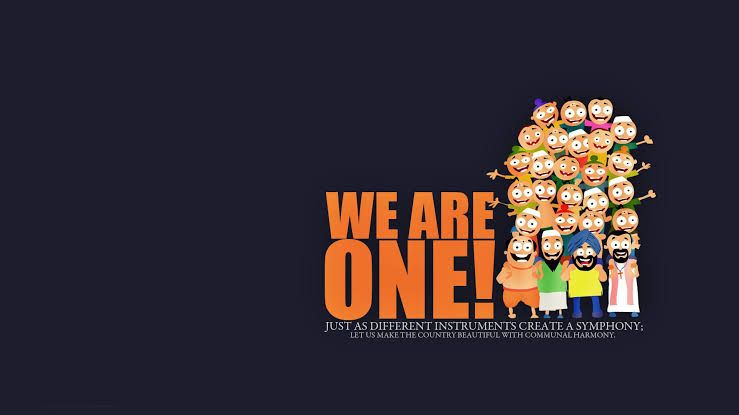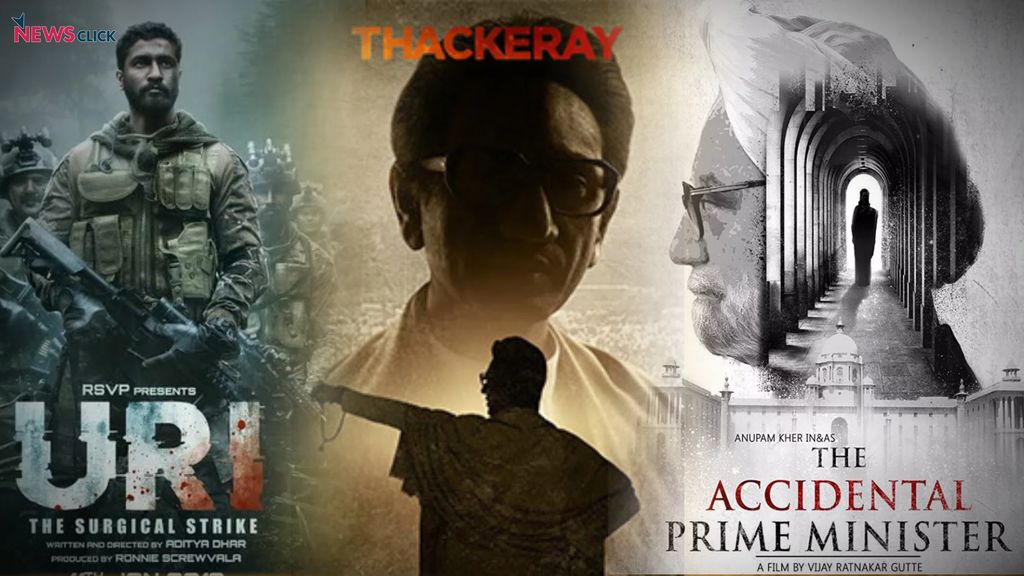Abnormal Patriotism
Jun 01, 2019 • 13 views

Nationalism runs beyond the feeling of oneness for one’s nation. There is a thin line of difference between a nation lover and a nation chauvinist. Being the former is considered as the ideal patriotic living, and in certain spheres a nation chauvinist earns more glories and fame. Most of this generation youth are either technologically driven to be a partisan patriot or socially paid to laud their slanted ideologies. In both cases, the loss is bigger than gains. In a colossal country like India with diversities existing in every family, choices do not remain apolitical any more.
Money and power complement each other. They are steroids injecting biased thoughts in our culture and belief. This attempt of culturalization of the youth is a phase of attaining ideological puberty. Our thoughts transform and go under drastic changes. It builds a vulnerable state of mind that is easily influenced and shaped according to the ring man’s desire. In these cases, we are ought to question the credibility of our national identity.
Democracy is claimed to be the cordial form of governance. But almost every representative government state has a long record of religion based strives. Having lived in a country with multi-religion society, we have experienced religion based clashes and curves from the year of independence itself. This thick blend of politics and religion is now evident in almost every aspect of our lives. Education, Market Economy, social structures are no more free from diplomatic touch. We live and breathe the air of diplomatic bureaucracy. Ideologies are no longer the result of independent thoughts and decisions but a set of highly manipulated motives.

The famous Shakespearean soliloquy ‘To be or not to be’ has expanded itself to flexibly fit into the modern political space. Identity crisis is no longer honoured with great acclaim but push us towards multiple direction-less roads. In the context of Education, guardians propelling the children to join the crowd is a millennial problem.
Nationalism is universally defined as a sense of loyalty towards one’s own nation. But history proves that the bond of affinity is strong to such an extent that people belonging to a particular nation are suspicious of foreigners. Incidents of Indians bashing or loafing around the foreign tourists have lost their count. In the name of spreading ideas of nationalism, the chauvinists have started dominating their rigid ideology over others. In India, the Kashmir is a strategic region and due to the growing tensions and violence, natives have begun to compromise their basic human needs. The constant force of choosing one of the two countries is eroding the individual national identity. Choices and decisions no longer remain innocent or naïve, but deliberately altered by numerous forces.

How patriotic are we truly? What are our essential values of being a patriot? How do we celebrate this feeling of belongingness?It seems that we tend to wear patriotism on our sleeve only on August 15 or January 26 and celebrate this emotion nationally when India defeats Pakistan in the gambled match of cricket. Is Patriotism the feeling that over hooks us in films like Chak De India or URI? Is Patriotism all about running a rally holding the tri-colour flag and blocking the roads? Or is it about rioting against each other and demanding for a national strike?
“I still get goose-bumps when I hear the national anthem or see the national flag being hoisted, but I need not always chant my love for the country to be seen as a patriot”. Our country has become our identity and a space to live in. But just expressing views and protests in social networking sites does not outlive the respect towards a country. It is about getting close with the realities of life. Patriotism should not fight us but knit us together as a whole.
